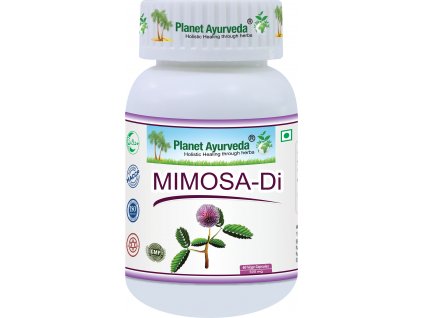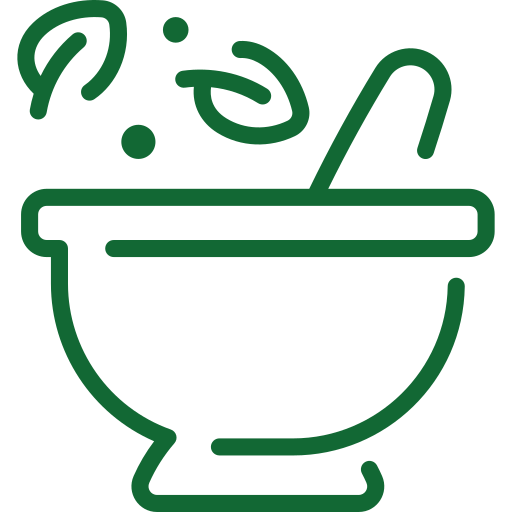Hypermenorrhea - heavy menstruation
Hypermenorrhea - a modern and Ayurvedic view of treatment
Hypermenorrhea, or heavy menstruation, is a condition characterized by excessive or prolonged bleeding during menstruation. This condition can be associated with intense pain in the lower abdomen and other unpleasant symptoms such as fatigue and weakness.
For modern medicine, hypermenorrhea can be caused by various factors, such as blood coagulation disorders, irregularities in the endocrine system, ovarian dysfunction and others.
Causes
According to the Ayurvedic point of view, hypermenorrhea, or heavy menstruation, can be caused by an imbalance in the tridosha, i.e. vata, pitta and kapha, which are the basic energy forces in the body.
-
Vata dosha: an imbalance of vata dosha can affect the movement of blood and lymph in the body. If vata predominates, it can cause excessive blood flow during menstruation and increase susceptibility to pain and bleeding. Factors such as stress, nervousness, irregular sleep or an unhealthy diet can lead to an increase in vata dosha and thus hypermenorrhea.
-
Pitta dosha: in the case of excess pitta dosha, there can be an increase in heat in the body, which can lead to increased bleeding during menstruation. Causes of this imbalance may include eating spicy and warming foods, emotional stress, or excessive physical activity.
-
Kapha dosha: an excess of kapha dosha can lead to fluid accumulation in the body, including the uterus, which can cause increased blood flow during menstruation. Factors such as excessive consumption of sweet and fatty foods, lack of exercise and stagnation in the digestive tract can lead to an increase in kapha dosha and thus hypermenorrhea.
Other factors that may contribute to hypermenorrhea from an Ayurvedic perspective may include excessive consumption of unhealthy foods, lack of physical activity, emotional stress, and adverse living conditions.
According to Ayurveda, the goal of treating hypermenorrhea is to restore balance in the tridoshas and harmonize the flow of energy in the body. This is often achieved through diet and lifestyle that support the harmonious function of the digestive tract, nervous system and hormonal system. The use of certain herbal supplements can also be part of a treatment regimen to help balance tridosha imbalances and relieve symptoms of hypermenorrhea.
Recommended herbs
In the Ayurvedic system, various herbs are used to treat hypermenorrhea, which help harmonize the tridosha and relieve symptoms. These herbs include:
-
Ashwagandha (Withania somnifera): has a calming effect on the nervous system and can help relieve pain symptoms associated with hypermenorrhea
-
Shatavari (Asparagus racemosus): is known for its hormonal balancing properties and can help reduce excessive bleeding during menstruation
-
Moringa (Moringa oleifera): contains a number of nutrients that can support the overall health of the body and strengthen the immune system
-
Brahmi (Bacopa monnieri): has calming effects on the nervous system and can help relieve anxiety and stress associated with hypermenorrhea
-
Pitapapada (Fumaria indica): is known for its cleansing properties and can help remove excess heat from the body, which can be the cause of excessive bleeding
A suitable combination designed by Dr. by Vikram Chauhan ( Pitta Shamak 2 capsules 2x a day, Shatavari 2 capsules 2x a day, Eve plus 1 capsule 2x a day, Mimosa 2 capsules 2x a day)
Suitable diet and lifestyle< /strong>
In the treatment of hypermenorrhea, it is important to follow a balanced diet and lifestyle. It is recommended to eat warm, easy-to-digest foods, avoid cold or heavy foods, and regularly practice gentle forms of exercise such as yoga or walks in nature. Adhering to regular sleep and minimizing stress are also key to alleviating the symptoms of hypermenorrhea.
When choosing herbal supplements, it is always important to consult with a qualified Ayurvedic practitioner or physician to ensure they are appropriate for your individual needs and medical condition.












